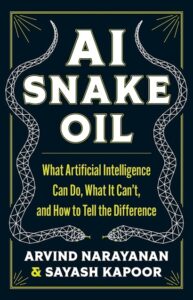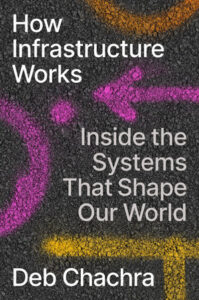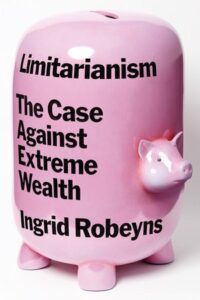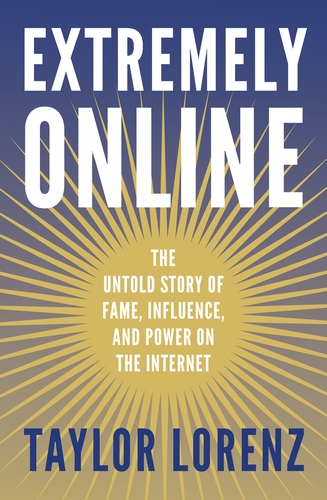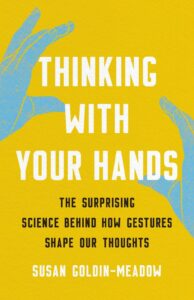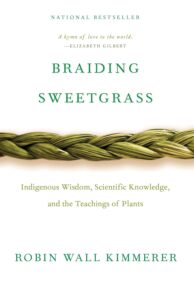 Welcome to the latest installment of “Five words from …” our series which highlights interesting words from interesting books! In this installment, we learn from botanist and member of the Citizen Potawatomi Nation Robin Wall Kimmerer the gifts and lessons of living beings—asters and goldenrod, strawberries and squash, salamanders, algae, and sweetgrass—whose voices she lifts up.
Welcome to the latest installment of “Five words from …” our series which highlights interesting words from interesting books! In this installment, we learn from botanist and member of the Citizen Potawatomi Nation Robin Wall Kimmerer the gifts and lessons of living beings—asters and goldenrod, strawberries and squash, salamanders, algae, and sweetgrass—whose voices she lifts up.
In this teenage phase, hormones set the shoot tip to wandering, inscribing a circle in the air, a process known as circumnutation.
The word circumnutation comes from Latin roots meaning ‘around’ and ‘nodding’.
It is an exemplar of a new holistic approach, called biocultural or reciprocal restoration.
Biocultural methodologies start with local cultural perspectives, taking into account those communities’ values, knowledge, and needs, and build upon them, recognizing feedback cycles between ecosystems and the health and development of people.
These densely packed cells are called late wood or summerwood.
Summerwood is also known as latewood. Wood in a growth ring of a tree that is produced early in the growing season is known as earlywood or springwood.
These white cells, called aerenchyma, are big enough to be seen with the naked eye and make a buoyant, cushiony layer at the base of each leaf.
Aerenchyma is a “spongy tissue that creates spaces or air channels in the leaves, stems and roots of some plants, which allows exchange of gases between the shoot and the root.” [Wikipedia]
There are photosensors by the hundreds in every single bud, packed with light-absorbing pigments called phytochromes.
“Phytochromes control many aspects of plant development. They regulate the germination of seeds (photoblasty), the synthesis of chlorophyll, the elongation of seedlings, the size, shape and number and movement of leaves and the timing of flowering in adult plants.” [Wikipedia]
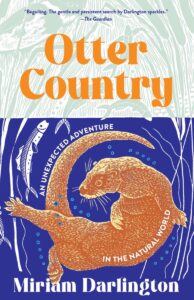 Welcome to the latest installment of “Five words from …” our series which highlights interesting words from interesting books! In this installment, we follow nature writer
Welcome to the latest installment of “Five words from …” our series which highlights interesting words from interesting books! In this installment, we follow nature writer 